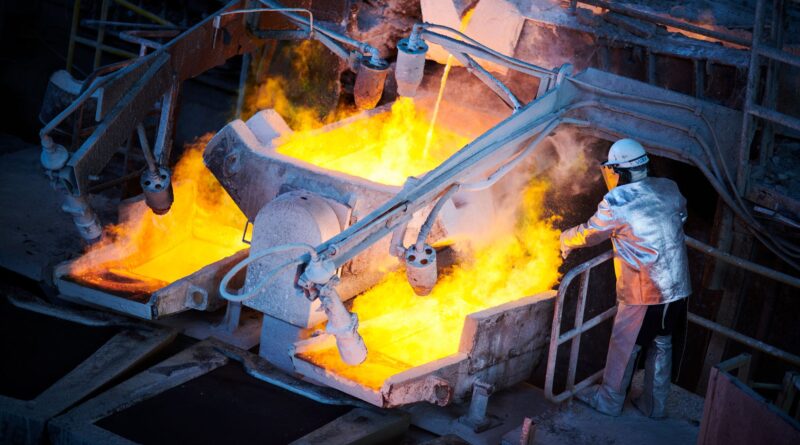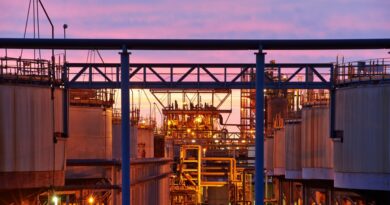BHP economic outlook for base metals
The outlook for the short term remains uncertain, but with vaccine deployment underway, albeit with some uncertainty as to timing and efficacy, a major downside risk to the plausible range has been substantially mitigated.
BHP now estimates that the world economy will be 4½ per cent smaller in the 2021 calendar year than it would have been if COVID-19 had not occurred. It reflects the speed of the rebound in ex-China markets in the second half of the 2020 calendar year, led by India and the US, plus additional stimulus measures in developed countries.
Copper prices have been strong in recent times. With ROW demand recovering and China continuing to perform well, the short term outlook for demand is constructive. On the supply side, we note near term risks from the escalation of COVID-19 cases in Chile, and the fact that a number of wage negotiations at Chilean mines are scheduled for the current calendar year, spread across both halves.
Longer-term, end-use demand is expected to be solid, while broad exposure to the electrification mega-trend offers an attractive upside. Long-term prices are expected to also reflect grade decline, resource depletion, water constraints, the increased depth and complexity of known development options, and a scarcity of high-quality future development opportunities after a poor decade for industry-wide exploration in the 2010s.
Nickel prices have been driven by positive sentiment towards pro-growth assets, supply uncertainty and a strong rebound from the battery-electric vehicle (EV) complex in the second half of the 2020 calendar year.
Longer term, BHP believes that nickel will be a substantial beneficiary of the global electrification mega-trend and that nickel sulphides will be particularly attractive given the relatively lower cost of production of battery-suitable class-1 nickel than for laterites, which are expected to set the long-run nickel price.
This view is supported by its assessment of the likely rate of growth in EVs and of the likely battery chemistry that will underpin this. BHP has revised its already aggressive long run EV ranges to reflect even more supportive policy, such as accelerated bans for internal combustion engine vehicles in Europe, the policy platform of the Biden administration and net zero objectives in China, Japan and South Korea.
BHP remains positive in its outlook for long-term global economic growth and commodity demand. The 2020s hold great promise in this regard, with policymakers in key economies (for example China, Japan and the US) signalling a durable commitment to pro-growth agendas alongside heightened ambitions to tackle climate change.




